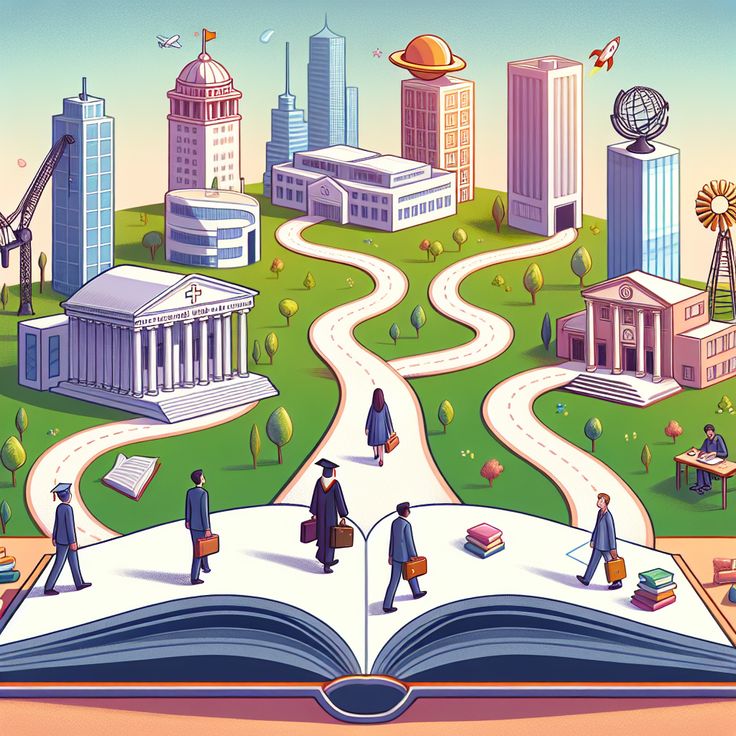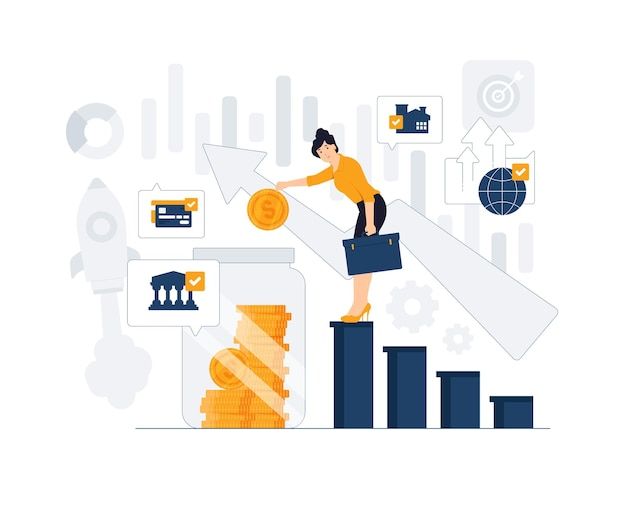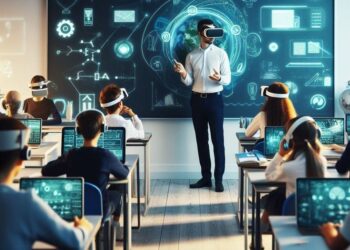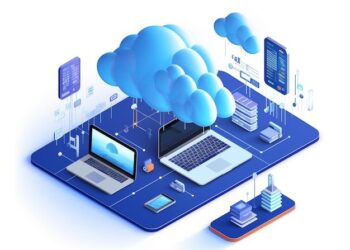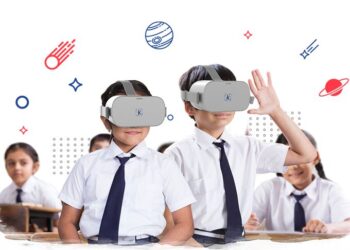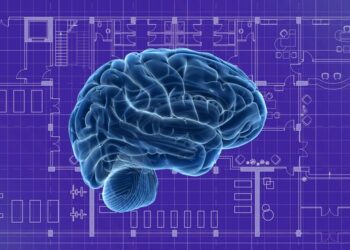In today’s rapidly evolving professional landscape, the concept of lifelong learning has transformed from a mere educational philosophy into an essential career survival strategy. The traditional model of completing formal education and relying on those skills throughout an entire career has become obsolete. Modern professionals must embrace continuous learning to remain competitive, relevant, and valuable in their respective fields.
The Evolution of Career Development Through Learning
The modern workplace bears little resemblance to the employment environment of previous generations. Technological advancement, globalization, and shifting market demands have created a dynamic professional ecosystem where adaptability and continuous skill development are not just advantageous but absolutely necessary for career sustainability.
Gone are the days when professionals could rely solely on their initial qualifications to carry them through decades of employment. Today’s successful individuals understand that their career trajectory depends heavily on their commitment to ongoing education and skill enhancement. This shift represents a fundamental change in how we approach professional development and career planning.
The pace of change in various industries has accelerated dramatically, making certain skills obsolete while creating demand for entirely new competencies. Professionals who fail to recognize and respond to these changes often find themselves struggling to maintain their market value and career momentum.
Understanding Lifelong Learning in Professional Context
Lifelong learning extends far beyond traditional classroom education or formal degree programs. It encompasses a comprehensive approach to personal and professional development that includes various learning methodologies, formats, and applications. This multifaceted approach ensures that professionals can adapt their learning strategies to suit their specific needs, preferences, and circumstances.
The modern interpretation of lifelong learning includes formal education such as advanced degrees and professional certifications, but it also embraces informal learning opportunities like online courses, workshops, seminars, and self-directed study. Additionally, experiential learning through new job responsibilities, cross-functional projects, and mentoring relationships plays a crucial role in comprehensive professional development.
Successful lifelong learners develop a growth mindset that views challenges as opportunities for development rather than obstacles to overcome. This perspective enables them to embrace new experiences, seek feedback actively, and maintain curiosity about emerging trends and technologies in their fields.
Core Benefits of Adopting Lifelong Learning
Enhanced Career Mobility and Advancement Opportunities
Professionals who consistently invest in their education and skill development position themselves for greater career mobility and advancement opportunities. Employers increasingly value individuals who demonstrate initiative in their professional development, viewing them as assets capable of growing with organizational needs and industry changes.
Continuous learning enables professionals to qualify for higher-level positions, transition into new roles or industries, and command higher compensation packages. The investment in ongoing education often yields significant returns through improved earning potential and expanded career options.
Increased Market Value and Job Security
In an era of rapid technological change and economic uncertainty, job security increasingly depends on individual adaptability and skill relevance rather than tenure or loyalty alone. Professionals who maintain current, in-demand skills are better positioned to weather economic downturns and industry disruptions.
Lifelong learners often find themselves with multiple career options, reducing their dependence on any single employer or industry. This diversification of skills and knowledge creates a form of professional insurance that provides security and confidence in uncertain times.
Innovation and Creative Problem-Solving Capabilities
Continuous learning exposes professionals to new perspectives, methodologies, and approaches that enhance their problem-solving capabilities. The cross-pollination of ideas from different fields and disciplines often leads to innovative solutions and creative approaches to workplace challenges.
Organizations increasingly seek individuals who can think critically, adapt to new situations, and contribute fresh perspectives to established processes. Lifelong learners develop these capabilities naturally through their exposure to diverse learning experiences and knowledge sources.
Strategic Approaches to Implementing Lifelong Learning
A. Identifying Skill Gaps and Learning Priorities
Effective lifelong learning begins with honest self-assessment and strategic planning. Professionals must regularly evaluate their current skill set against industry requirements and future trends to identify areas for development. This assessment should consider both technical competencies and soft skills that contribute to professional success.
Market research and industry analysis help professionals understand emerging trends and anticipate future skill requirements. Networking with industry peers, attending professional conferences, and following thought leaders provide valuable insights into evolving professional standards and expectations.
B. Creating Structured Learning Plans
Successful lifelong learners develop structured approaches to their educational pursuits rather than pursuing learning opportunities randomly. A well-designed learning plan includes specific goals, timelines, resource allocation, and progress measurement criteria.
This structured approach ensures that learning efforts align with career objectives and provide measurable benefits. It also helps professionals manage their time and resources effectively while maintaining consistency in their educational pursuits.
C. Leveraging Technology and Digital Resources
The digital revolution has democratized access to high-quality educational content and learning opportunities. Online platforms, mobile applications, and virtual reality training programs provide flexible, accessible, and often cost-effective alternatives to traditional educational formats.
Professionals can leverage these technological resources to learn at their own pace, access expert instruction from global leaders, and participate in communities of practice that extend far beyond their immediate geographic or professional circles.
D. Building Professional Networks and Learning Communities
Learning occurs not just through formal instruction but also through interaction with peers, mentors, and industry experts. Professional networks serve as valuable sources of knowledge, inspiration, and opportunity for collaborative learning experiences.
Active participation in professional associations, industry forums, and networking events creates opportunities for knowledge sharing and peer learning. These interactions often provide practical insights and real-world applications that complement formal educational content.
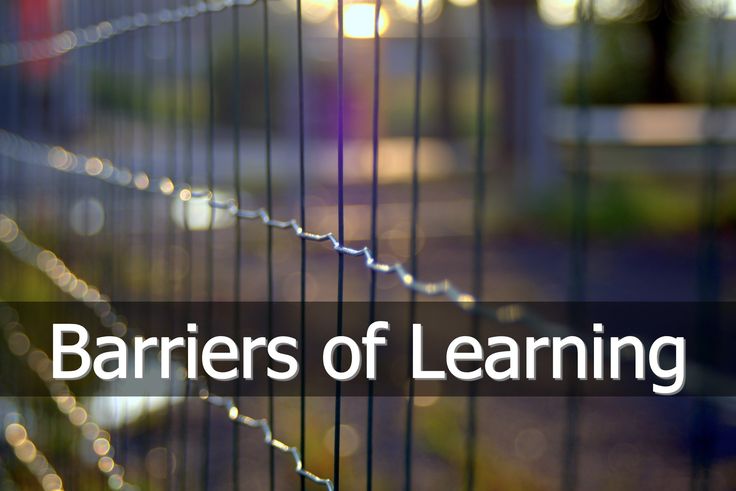
Overcoming Common Barriers to Continuous Learning
Time Management and Work-Life Balance
One of the most frequently cited obstacles to lifelong learning is the lack of time, particularly for working professionals juggling career responsibilities with personal commitments. Successful learners develop strategies for integrating learning into their existing schedules rather than viewing it as an additional burden.
Micro-learning approaches, such as consuming educational content during commutes or lunch breaks, can accumulate significant learning over time. Additionally, setting realistic learning goals and celebrating small progress helps maintain motivation and momentum.
Financial Constraints and Resource Allocation
While education can be expensive, numerous cost-effective and free learning resources are available to motivated individuals. Many employers offer tuition reimbursement programs, professional development budgets, or access to corporate learning platforms.
Professionals should view education as an investment in their future earning potential rather than merely an expense. Strategic planning and creative resource utilization can make continuous learning accessible regardless of current financial constraints.
Motivation and Consistency Challenges
Maintaining motivation for long-term learning commitments requires clear goal setting, regular progress tracking, and celebration of achievements. Joining study groups or finding learning partners can provide accountability and social support that sustains motivation over time.
Understanding personal learning preferences and adapting learning strategies accordingly helps maintain engagement and effectiveness. Some individuals thrive with structured programs, while others prefer self-directed exploration and discovery.
Industry-Specific Applications of Lifelong Learning
Technology and Information Systems
The technology sector exemplifies the critical importance of lifelong learning, with rapid innovation cycles making certain skills obsolete within months while creating demand for entirely new competencies. Technology professionals must continuously update their knowledge of programming languages, development frameworks, cybersecurity practices, and emerging technologies.
Successful technology professionals often dedicate specific time each week to learning new tools, exploring emerging trends, and experimenting with innovative approaches. This commitment to continuous learning enables them to remain competitive and valuable in a highly dynamic field.
Healthcare and Medical Professions
Healthcare professionals face stringent continuing education requirements, but the most successful practitioners go beyond minimum compliance to actively pursue advanced knowledge and skills. Medical research continuously produces new treatments, technologies, and best practices that require ongoing education and adaptation.
The integration of technology into healthcare delivery, changing patient demographics, and evolving regulatory requirements create additional learning imperatives for healthcare professionals committed to providing optimal patient care.
Business and Management
Business leaders must stay current with evolving management practices, industry trends, regulatory changes, and technological innovations that impact their organizations. Leadership development, strategic planning, and change management skills require continuous refinement and updating.
Successful business professionals often pursue executive education programs, obtain professional certifications, and participate in industry-specific learning opportunities that enhance their leadership capabilities and business acumen.
Measuring Success and Return on Investment
Quantitative Metrics and Performance Indicators
Effective lifelong learning initiatives should include mechanisms for measuring progress and return on investment. Quantitative metrics might include salary increases, promotion frequency, expanded job responsibilities, or improved performance evaluations.
Professional certifications, completed courses, and acquired credentials provide tangible evidence of learning commitment and achievement. These credentials often translate directly into career advancement opportunities and increased market value.
Qualitative Benefits and Personal Satisfaction
Beyond measurable career outcomes, lifelong learning contributes to personal satisfaction, intellectual stimulation, and sense of accomplishment. These qualitative benefits often sustain motivation and commitment to continuous learning even when immediate career benefits are not apparent.
Increased confidence, enhanced problem-solving abilities, and expanded professional networks represent valuable but difficult-to-quantify returns on learning investments. These benefits often compound over time, creating exponential rather than linear returns.
Future Trends in Professional Learning and Development
Artificial Intelligence and Personalized Learning
Artificial intelligence is revolutionizing how individuals access and consume educational content. Personalized learning platforms can adapt to individual learning styles, pace, and preferences while providing customized recommendations for skill development.
Machine learning algorithms analyze performance data to optimize learning pathways and predict future skill requirements, enabling more strategic and effective professional development planning.
Virtual and Augmented Reality Training
Immersive technologies are creating new possibilities for experiential learning and skills development. Virtual reality training programs provide safe environments for practicing complex procedures, while augmented reality applications overlay digital information onto real-world contexts for enhanced learning experiences.
These technologies are particularly valuable for fields requiring hands-on experience or high-risk decision-making, providing realistic training opportunities without associated costs or dangers.
Blockchain Credentials and Skill Verification
Blockchain technology is emerging as a solution for credential verification and skills authentication. Digital badges and certificates recorded on blockchain networks provide tamper-proof records of educational achievements and professional competencies.
This technology enables more accurate and efficient verification of qualifications, potentially streamlining hiring processes and professional credentialing across industries and geographic boundaries.
Conclusion
Lifelong learning has evolved from an educational ideal into a fundamental career strategy for professional success in the modern economy. The rapid pace of change across industries demands continuous skill development and knowledge updating to maintain relevance and competitiveness.
Successful professionals recognize that their career security and advancement potential depend largely on their commitment to ongoing learning and development. By embracing continuous education, leveraging available resources, and maintaining a growth mindset, individuals can navigate career challenges while positioning themselves for future opportunities.
The investment in lifelong learning yields compound returns through enhanced career mobility, increased earning potential, improved job security, and personal satisfaction. As the professional landscape continues to evolve, those who commit to continuous learning will find themselves best positioned to thrive in an uncertain and dynamic future.
The question for modern professionals is not whether to embrace lifelong learning, but rather how to implement it most effectively within their unique circumstances and career objectives. The strategies and principles outlined in this article provide a foundation for developing a personalized approach to continuous professional development that supports long-term career success and personal fulfillment.

